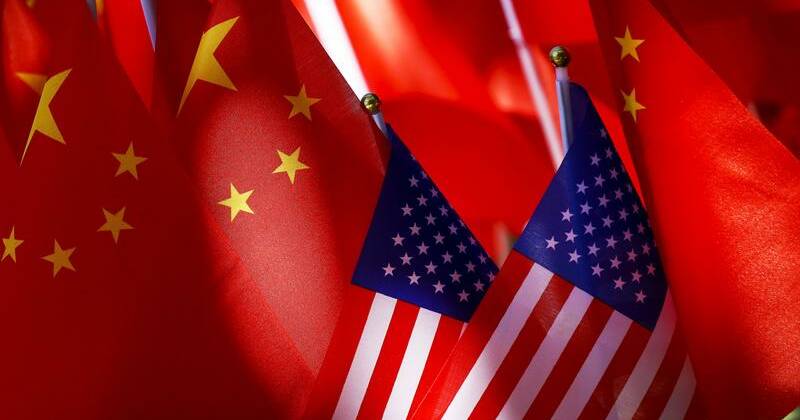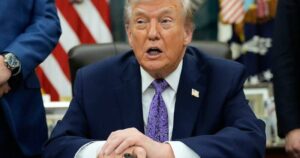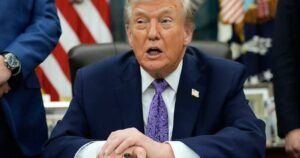
Top economic officials from the United States and China are set to meet in Stockholm to address longstanding trade disputes that have contributed to a tense economic relationship. The discussions aim to extend a temporary truce on tariffs for an additional 90 days, preventing the reintroduction of sharply higher tariffs that could destabilize global supply chains.
The talks come as China faces a deadline of August 12, 2023, to negotiate a durable tariff agreement with the administration of President Donald Trump. In recent months, both nations had reached preliminary agreements aimed at reducing escalating tit-for-tat tariffs, which had also included a suspension of rare earth mineral exports from China. A failure to reach an agreement could see tariffs revert to triple-digit levels, resembling a bilateral trade embargo.
The timing of the Stockholm discussions follows Trump’s significant trade agreement with the European Union, announced just days before, which includes a 15 percent tariff on most EU goods exported to the US and commitments for $750 billion in US energy purchases and $600 billion in investments in the coming years. Analysts suggest that while no major breakthroughs are anticipated in the US-China talks, a further extension of the existing tariff truce is likely.
Previous negotiations held in Geneva and London earlier this year focused primarily on reducing retaliatory tariffs and restoring the flow of critical goods, including rare earth minerals and Nvidia’s H20 AI chips. According to Scott Kennedy, a China economics expert at the Center for Strategic and International Studies in Washington, the primary goal of these discussions was to stabilize the relationship so that deeper negotiations on fundamental disagreements could eventually take place.
US Treasury Secretary Scott Bessent and Chinese Vice Premier He Lifeng will lead their respective delegations during the talks. Bessent has indicated a desire for China to shift its economic focus from exports to domestic consumption, a goal that has been pursued by US policymakers for decades.
In the backdrop of these negotiations is the speculation surrounding a possible meeting between Trump and Chinese President Xi Jinping later this year, potentially in late October. Trump has mentioned that he will soon decide on a landmark trip to China, and the introduction of new tariffs or export controls could complicate those plans.
As the situation unfolds, the outcome of the Stockholm talks will significantly influence not only US-China relations but also the broader landscape of global trade. The stakes are high, and the business community is closely monitoring developments for their potential impact on international markets.







